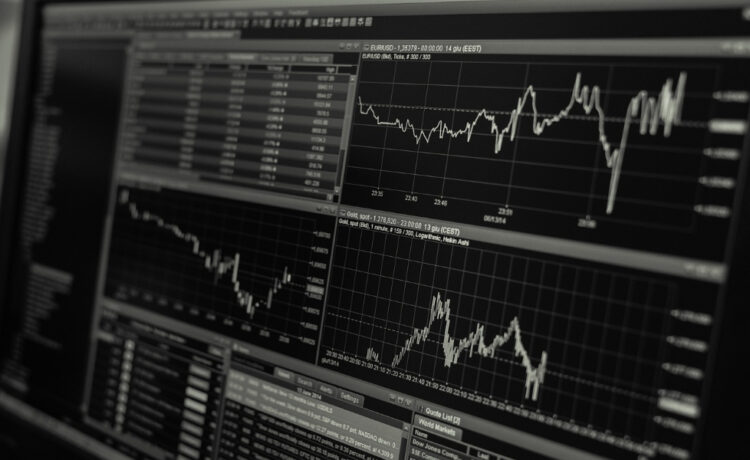Depending on a number of factors and jurisdictions, trading profits, which are earned by buying and selling financial instruments like stocks, currencies, or commodities, may be taxed. The ea trading, or automated trading, uses algorithms to execute forex trades automatically based on predefined criteria.An overview of how trading profits can be taxed can be found here:
Tax on Capital Gains:
Profits from trading are typically taxed as capital gains in many nations. The profit from selling an asset that has increased in value is subject to this tax. The asset’s holding period and the taxpayer’s income tax bracket can both influence the capital gains tax rate.
Capital Gains: Short-term versus Long-Term:
Short-term investments and long-term investments are frequently treated differently by capital gains tax rates. When assets are held for less than one year, short-term capital gains are typically taxed at rates that are comparable to those for ordinary income. Long haul capital additions, from resources held for over one year, may meet all requirements for lower charge rates in certain wards to empower long haul speculation.
How Different Financial Instruments Are Taxed:
Taxes may be applied differently to various financial instruments. Trading stocks, bonds, options, and futures contracts, for instance, might have different effects on taxes. To accurately report trading profits and comply with tax obligations, traders should be aware of the specific rules governing each asset class in their jurisdiction.
Compliance and Reporting of Taxes:
Trading profits must be accurately reported on tax returns by traders. This includes keeping track of every profit and loss generated by trading throughout the tax year. For tax reporting and compliance purposes, it is essential to keep detailed records of transactions, including purchase prices, sale prices, and transaction dates.
Loss Offsetting and Tax Deductions:
Brokerage fees, the cost of trading software, and research costs are examples of expenses that traders may be able to deduct from their taxable income. Additionally, subject to specific tax rules, losses incurred through trading can frequently be used to offset taxable gains in the same tax year or carried forward to offset future gains.
Taking everything into account, exchanging benefits can be dependent upon tax collection through capital increases charge, with rates differing in view of variables like the holding period and sort of resource exchanged. Traders must comply with tax reporting requirements, keep accurate records, and comprehend how various financial instruments are taxed in their jurisdiction. Traders use ea trading to capitalize on market opportunities efficiently and without continuous manual intervention.







